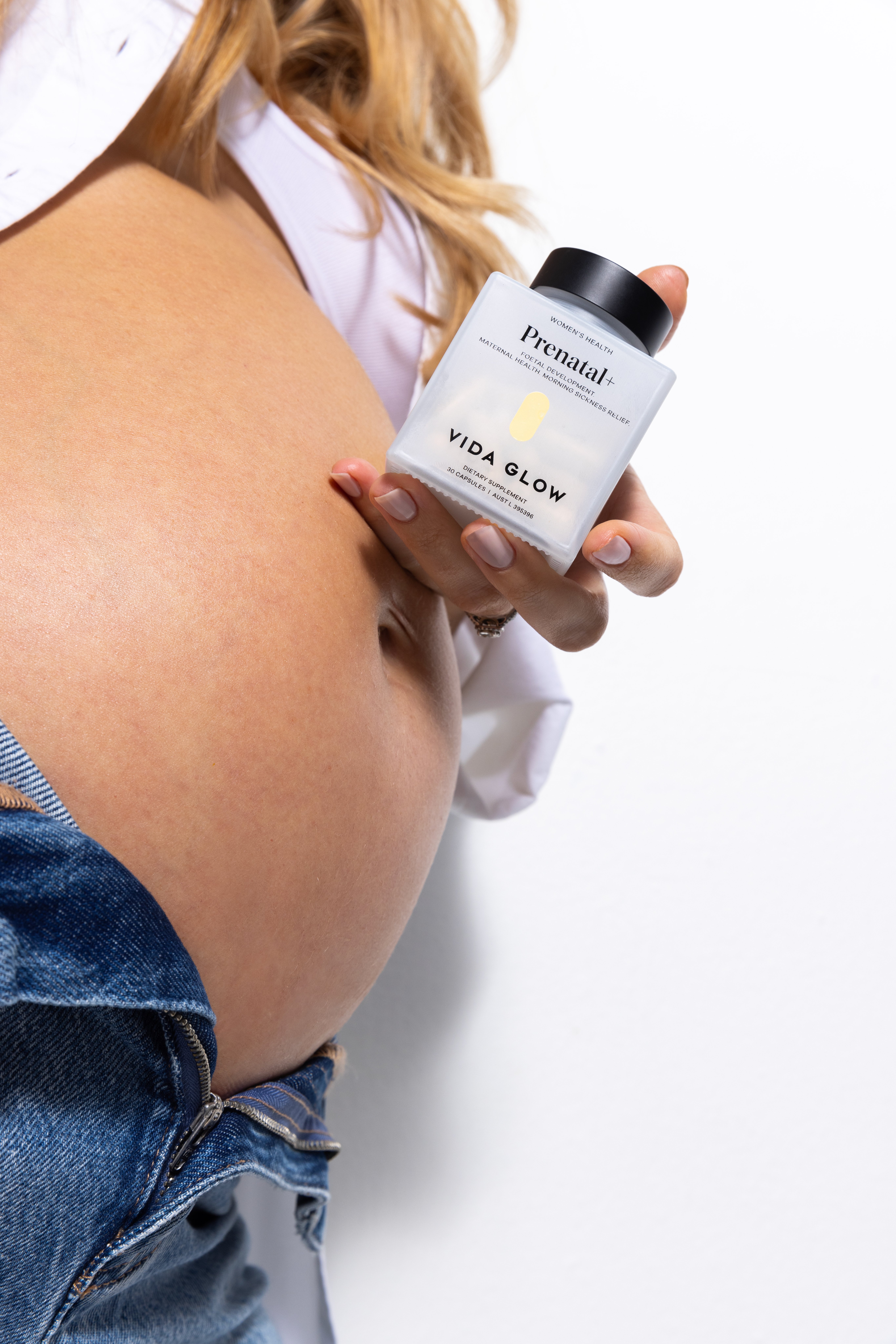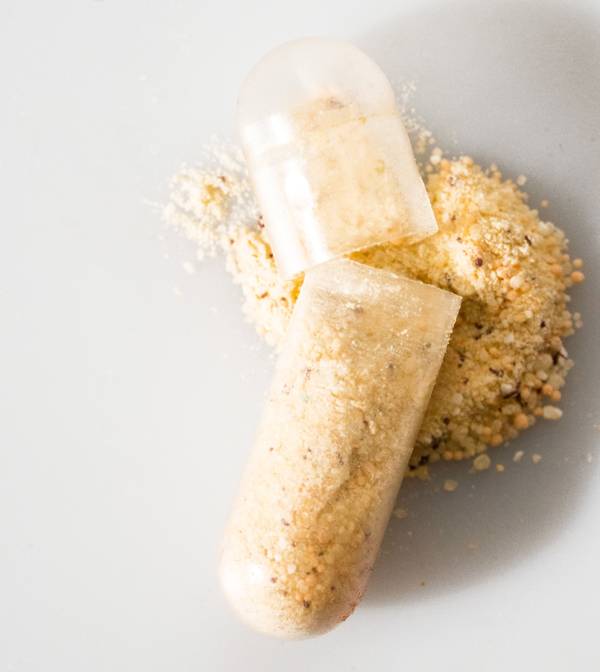Low iron during pregnancy: symptoms & solutions

Low iron during pregnancy: symptoms & solutions
Nothing quite compares to the changes a woman’s body experiences during pregnancy. As your body works hard to nourish you and your growing baby, it begins to need extra attention to avoid one of the most common side effects women face, low iron in pregnancy.
Iron plays a pivotal role throughout pregnancy to understanding how to stay on top of your iron levels and avoid deficiency is crucial. Here, we explore the risks of iron deficiency in pregnancy, symptoms of low iron and how you can manage anaemia in pregnancy through nutrition and supplementation.
Causes of low iron in pregnancy
Iron deficiency is common during pregnancy due to an increased demand for iron to support the growing foetus and placenta. Multiple factors contribute to low iron levels in pregnant women. Firstly, inadequate dietary intake of iron-rich foods can be a primary cause. The rise in blood volume during pregnancy also dilutes the concentration of red blood cells and lowers haemoglobin levels.
Certain physiological changes, such as nausea, vomiting, and food aversions experienced during the first trimester may lead to poor dietary habits and reduced intake of iron-rich foods. Also, women with pre-existing conditions like heavy menstruation or certain chronic diseases may have lower iron stores even before conception.
Low iron pregnancy symptoms
Iron is a vital component in red blood cells, and when your body lacks enough iron, it can result in a condition called anaemia. Anaemia in pregnancy can manifest in several ways with low iron in pregnancy symptoms including:
- Fatigue
- Pale skin
- Shortness of breath
- Dizziness and headaches
- Cold hands and feet
Importance of iron during pregnancy
Iron is an essential mineral at any stage of life and plays an extra important role during pregnancy supporting the health of both the mother and foetus. Iron facilitates the production of haemoglobin which transports oxygen throughout the body. Increased blood volume during pregnancy demands a higher supply of iron to optimise oxygenation.
Iron also aids in the development and functioning of foetal organs, brain development, immune system support, and energy production for both mother and baby. Iron deficiency in pregnancy can lead to complications and uncomfortable symptoms.


Preventing anaemia in pregnancy
Preventing iron deficiency during pregnancy requires a multifaceted approach to nutrition to ensure adequate levels of essential vitamins and minerals.
Iron-rich foods: lean meats, poultry, fish, beans, lentils, spinach, and fortified cereals provide the necessary iron to help support both you and your baby.
Prenatal supplements: specifically formulated to support women pre and post pregnancy, these supplements contain vitamins and minerals to help fill any nutritional gaps.
Balanced diet: Focus on a balanced diet that includes a variety of nutrients. Combining iron-rich foods with sources of vitamin C, like citrus fruits, can enhance iron absorption.
Regular check-ups: Attend regular prenatal check-ups with your healthcare provider, who will monitor your iron levels and offer guidance on supplementation if necessary.
Addressing iron deficiency during pregnancy
If you suspect you have low iron during pregnancy or are experiencing symptoms of anaemia, don't hesitate to seek medical advice. Your healthcare provider can perform a blood test to determine your iron levels and recommend appropriate treatment including an iron supplement for pregnancy.
Supplements are a convenient option to fill nutritional gaps in your diet and provide additional support. Unlike standard prenatal vitamins, Vida Glow’s Prenatal+ is a once-daily vegan capsule containing low constipation iron, and active and non-active B vitamins to cater to the needs of every mum-to-be. It also contains 21 key ingredients at therapeutic doses – including 500 mcg of folic acid*, algae DHA, choline, vitamin D, active B6 to relieve the symptoms of pregnancy that contribute to iron deficiencies.
With iron playing such an important role in the health of both mum and baby during pregnancy, knowing the symptoms to look out for and how to treat low iron in pregnancy will help prevent further complications. Fatigue, pale skin, shortness of breath and dizziness are all signs you may need to adjust your diet to include iron-rich foods or look to incorporate a prenatal vitamin to ensure you’re receiving the vitamins and minerals needed for a healthy pregnancy.